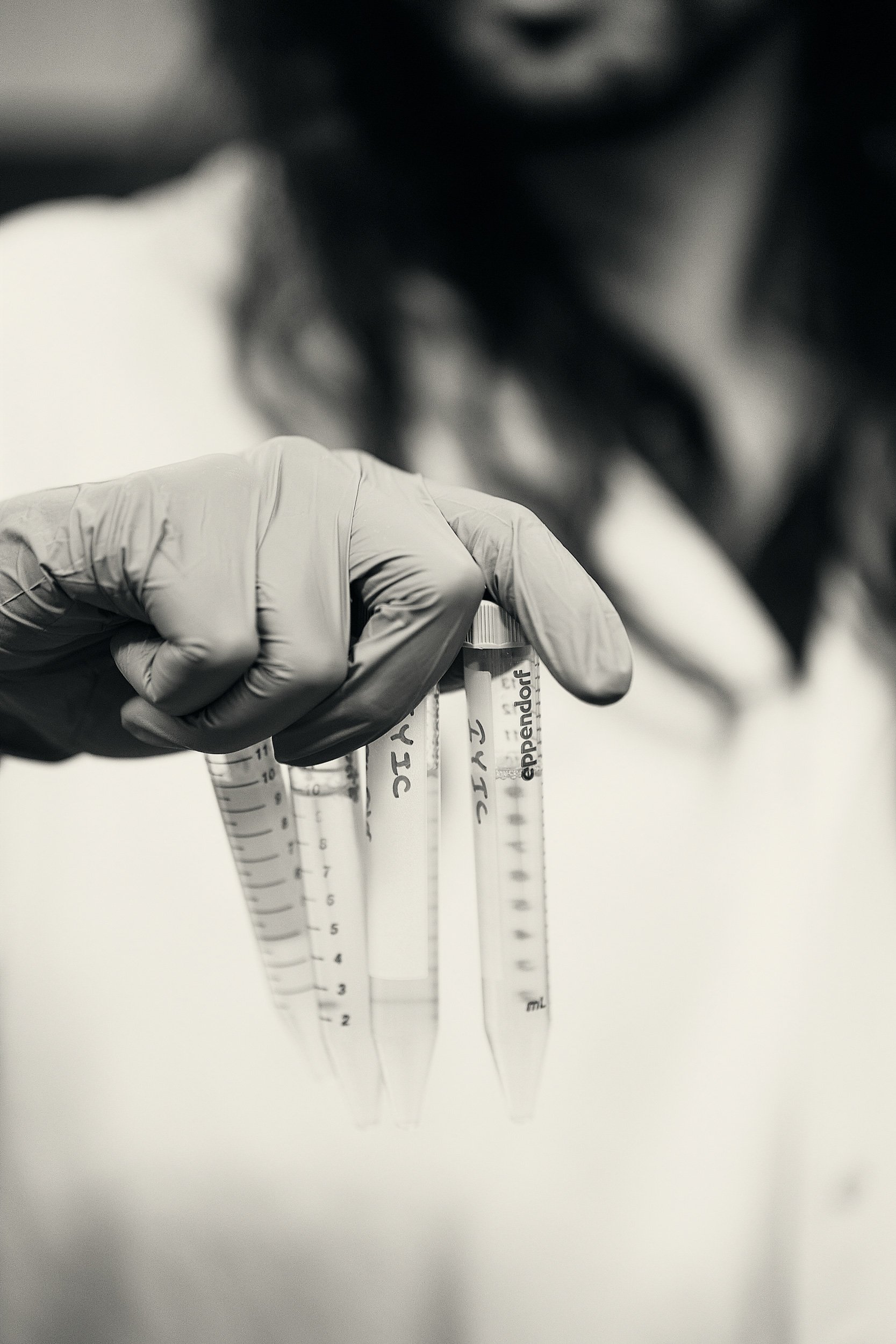


The RED4MS study
RED4MS is a clinical study to assess the safety, tolerability and efficacy of CLS12311 in patients with relapsing remitting multiple sclerosis (RRMS). CLS12311 consists of autologous red blood cells (RBCs) chemically coupled with antigenic peptides and aims to treat RRMS by induction of antigen-specific immune tolerance.
The RED4MS study is designed as a combination of a Phase Ib (Part A) and a Phase IIa (Part B) study.
Part A is an open-label, dose-escalation study, enrolling 9 RRMS patients in three ascending dose groups. The first patient (sentinel) in each dose group will receive one cycle of the therapy, while the remaining patients will receive two treatment cycles.
Part B is a baseline-to-treatment, dose-blinded, randomized study designed to test the safety and efficacy of three different doses of CLS12311. During the baseline phase, a total of 45 patients with active disease in magnetic resonance imaging (MRI) will be selected for the treatment phase and randomized in a 1:1:1 ratio into one of three dosing groups. Each patient will receive two cycles of therapy.
Patient red blood cells are coupled ex vivo with twelve peptides representing the major target antigens in MS. After reinfusion, the coupled blood cells undergo natural cell death in the body and are presented to the immune system in a tolerogenic manner in the liver and spleen. Immune tolerance is restored by correcting the misguided autoimmune response and preventing the body from attacking its own brain and spinal cord tissue. This process does not affect the normal protective immune functions.
